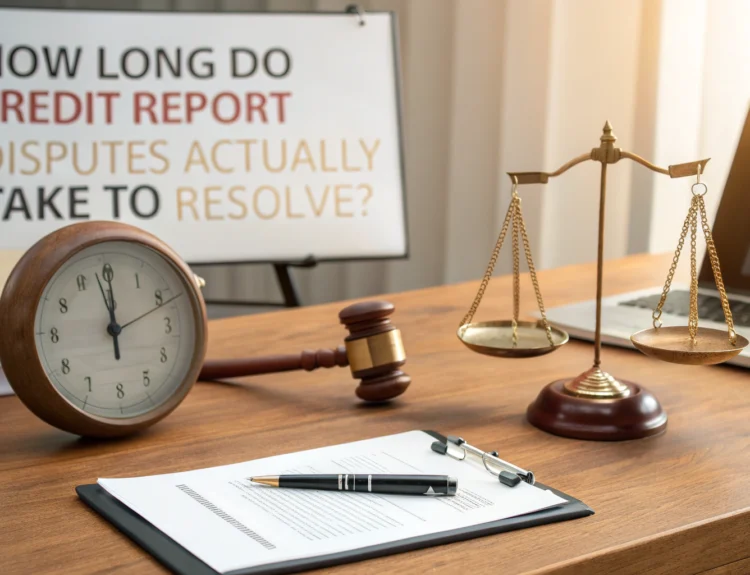Distracted driving has become one of the most significant threats to road safety in recent years. With the increasing prevalence of smartphones and in-car technology, drivers are more distracted than ever, leading to a surge in accidents and fatalities. While most people are aware of the dangers, they may not fully understand the legal consequences of distracted driving. For those involved in accidents caused by distracted driving, the legal repercussions can be severe, affecting both criminal and civil liability.
Contents
Understanding Types of Distracted Driving
Distracted driving occurs when a driver engages in any activity that takes their attention away from the road. The three main types of distractions include:
- Visual Distractions: These occur when a driver takes their eyes off the road, such as looking at a GPS, reading a text message, or glancing at something inside or outside the vehicle.
- Manual Distractions: These involve taking one or both hands off the steering wheel, such as eating, adjusting the radio, or using a phone.
- Cognitive Distractions: These happen when a driver’s mind is not focused on driving, such as daydreaming, talking to passengers, or worrying about a personal issue.
Texting while driving is particularly dangerous because it combines all three types of distractions. As a result, many states have implemented strict laws banning texting and driving.
Criminal Consequences
Distracted driving can lead to criminal charges, especially if it results in an accident causing injury or death. According to a car accident lawyer in Pittsburgh, the severity of the charges depends on the circumstances of the incident and the specific laws of the state where the accident occurred.
- Traffic Violations: In many states, distracted driving is considered a traffic violation. If caught, the driver may be issued a ticket and fined. The penalties vary by state, but they typically include fines, points on the driver’s license, and in some cases, mandatory driving safety courses.
- Misdemeanor Charges: If distracted driving leads to a minor accident, the driver may face misdemeanor charges. These charges can result in higher fines, probation, and community service. A misdemeanor conviction may also lead to an increase in insurance premiums.
- Felony Charges: When distracted driving results in serious injury or death, the driver can be charged with a felony. Felony charges are much more severe and can include long prison sentences, significant fines, and a permanent criminal record. Charges such as vehicular manslaughter or reckless driving causing injury are common in these cases.
- Driving Privilege Consequences: In addition to criminal charges, a distracted driver may face administrative penalties such as the suspension or revocation of their driver’s license. Repeated offenses can lead to more severe consequences, including the loss of driving privileges for an extended period.
Civil Liability
Beyond criminal charges, distracted drivers may also face civil liability if they cause an accident. Victims of distracted driving accidents can pursue legal action to recover damages for their injuries and losses. Civil cases typically involve the following:
- Personal Injury Lawsuits: If a victim is injured in a distracted driving accident, they can file a personal injury lawsuit against the at-fault driver. The victim may seek compensation for medical expenses, lost wages, pain and suffering, and other related costs. In some cases, the court may award punitive damages to the victim if the driver’s behavior was particularly reckless.
- Wrongful Death Claims: If a distracted driving accident results in a fatality, the surviving family members may file a wrongful death lawsuit against the driver. This type of lawsuit seeks to compensate the family for the loss of their loved one, covering funeral expenses, loss of financial support, and emotional suffering.
- Property Damage Claims: Victims may also pursue compensation for property damage resulting from the accident. This includes damage to the victim’s vehicle, as well as any personal property inside the car.
The Role of Insurance
Insurance plays a significant role in distracted driving cases. In many instances, the at-fault driver’s insurance company will cover the costs of damages up to the policy limits. However, if the damages exceed the insurance coverage, the driver may be personally liable for the remaining amount.
In addition, drivers convicted of distracted driving may see their insurance premiums increase significantly. In severe cases, the insurance company may even cancel the driver’s policy, making it difficult and expensive for them to obtain new coverage.
Legal Defenses and Challenges
Drivers accused of distracted driving may raise various defenses to contest the charges or reduce their liability. Common defenses include:
- Challenging the Evidence: The defense may argue that there is insufficient evidence to prove the driver was distracted at the time of the accident. This could involve questioning the credibility of witnesses, challenging the accuracy of cell phone records, or disputing the findings of accident reconstruction experts.
- Comparative Negligence: In some cases, the defense may argue that the victim was partially at fault for the accident. Under comparative negligence laws, the victim’s compensation may be reduced by their percentage of fault.
- Emergencies: The driver may claim that they were distracted due to a sudden emergency, such as a medical issue or an unexpected road hazard. If the court finds the distraction was justified under the circumstances, the driver may avoid liability.
Distracted driving is a serious offense with significant legal consequences. Whether facing criminal charges or civil liability, drivers who engage in distracted behavior put themselves and others at risk. For victims of distracted driving accidents, understanding the legal options available is crucial for seeking justice and obtaining the compensation they deserve. As the dangers of distracted driving continue to grow, it is more important than ever for drivers to stay focused on the road and avoid distractions that can lead to devastating consequences.




